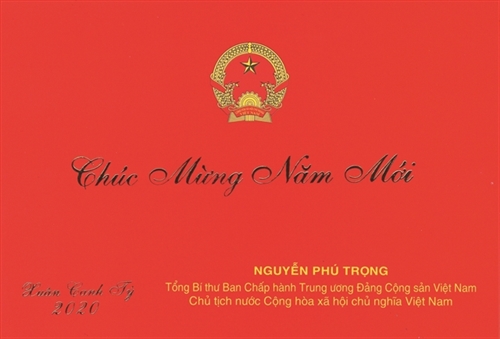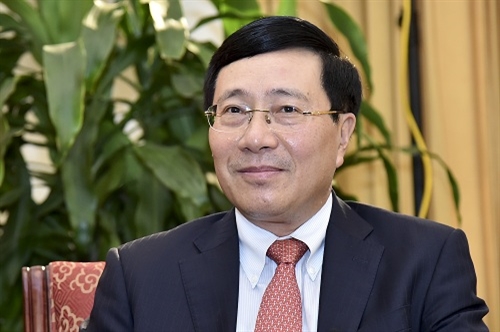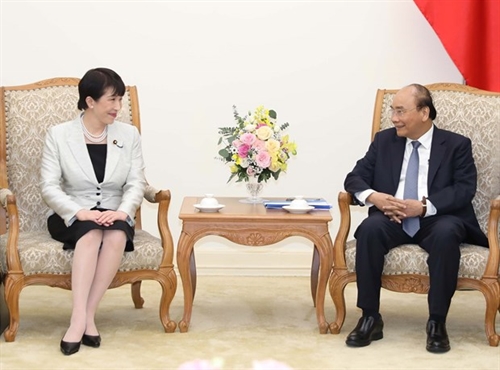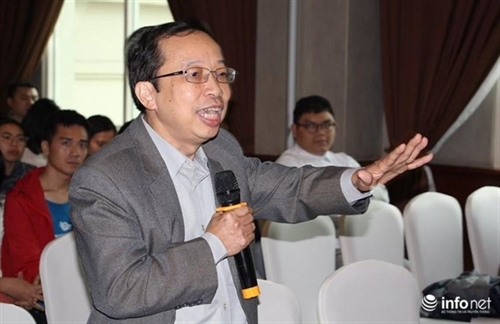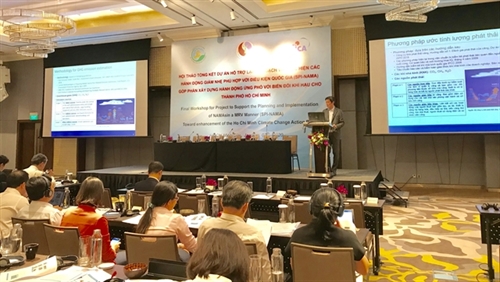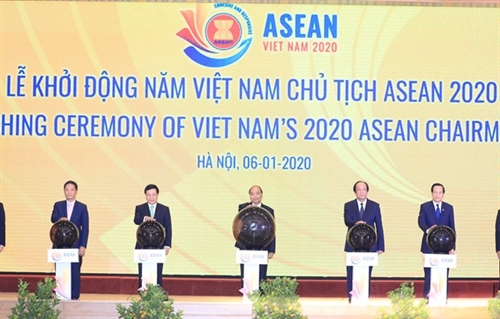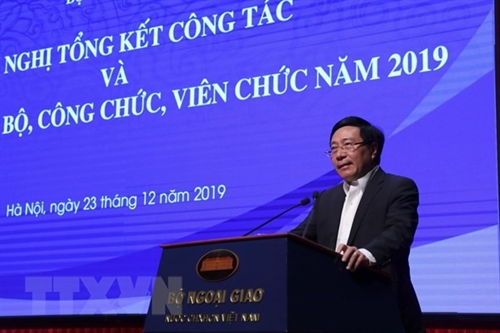Five ministries have universally rejected a proposal by the transport ministry to restrict private investment in the country’s biggest airports and instead hand the job to a single company.
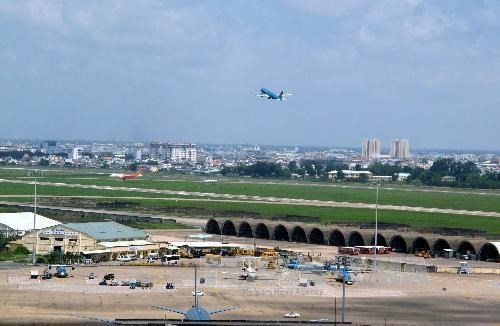 |
| A view of Tan Son Nhat Airport in HCM City__Photo: VNA |
In its proposal on mobilizing private investment into airports, the Ministry of Transport (MoT) suggested fully opening three planned small-scale airports in Sa Pa town and Lai Chau and Quang Tri provinces to private firms.
Investment in 22 airports, including the biggest and those generating the highest annual revenue, like Noi Bai, Tan Son Nhat and Da Nang together with the mega airport project Long Thanh, would continue to be in the sole hands of the joint-stock company Airports Corporations of Vietnam (ACV).
Private companies could participate in infrastructure projects at the airports in question, but would be limited to minor tasks. ACV would be the one to manage and supervise all investment projects at the airports.
In a document responding to the transport ministry regarding its proposal, the Ministry of Justice said that facilitating more private investment into building and running airports was essential given the strained national budget.
The MoT should hold a thorough assessment to scrutinize the capabilities and performance of ACV while managing the airports.
The assessment result would serve as a ‘factual base’ to determine whether to go along with the proposal or to strip ACV of its current role and level the market for private firms.
The ministry said that any airports deemed not of highest importance to be invested and owned by the State were found to be mismanaged by ACV should have their doors opened to private investors.
The Ministry of Planning and Investment (MPI), meanwhile, lashed out at the transport ministry’s proposal for “not being able to ensure of both theoretical and practical bases".
It also recommended lifting the restrictions on the number of airports open to private investment. The decision to determine whether an airport might need investment from the private sector should not be based on a particular list, MPI said, but rather the airport’s demand for capital and the capability to balance the budget.
The Ministry of National Defense and the Ministry of Construction in their own responses to the proposal also asked the transport ministry to reconsider its limited list of airports allowed to receive private investment.
The somewhat key role of ACV in the proposal raised red flags from the ministries.
The justice ministry demanded the MoT prove the legal basis for its proposal to leave ACV in charge of selecting investors for projects in 22 airports it was overseeing.
It explained that ACV, though 95.4 percent of its shares were owned by the State, was not a State-owned but a joint stock company. Thus it was ineligible for ACV to represent the Government to choose investors to invest in, build and upgrade airports, the ministry added.
The MPI was also against such big role for ACV, pointing out the firm was simply a State majority-owned enterprise and not a public entity holding jurisdiction on the matter.
Handing ACV the power to determine the private investment in aviation ports was plainly “inappropriate", it concluded.
The Ministry of Finance, meanwhile, called on the MoT to clarify the reasons why ACV was allowed to play such a big role in the proposal - to oversee all 22 airports and take charge of private investment there – in order to maintain standards of transparency.- (VNA/VLLF)
